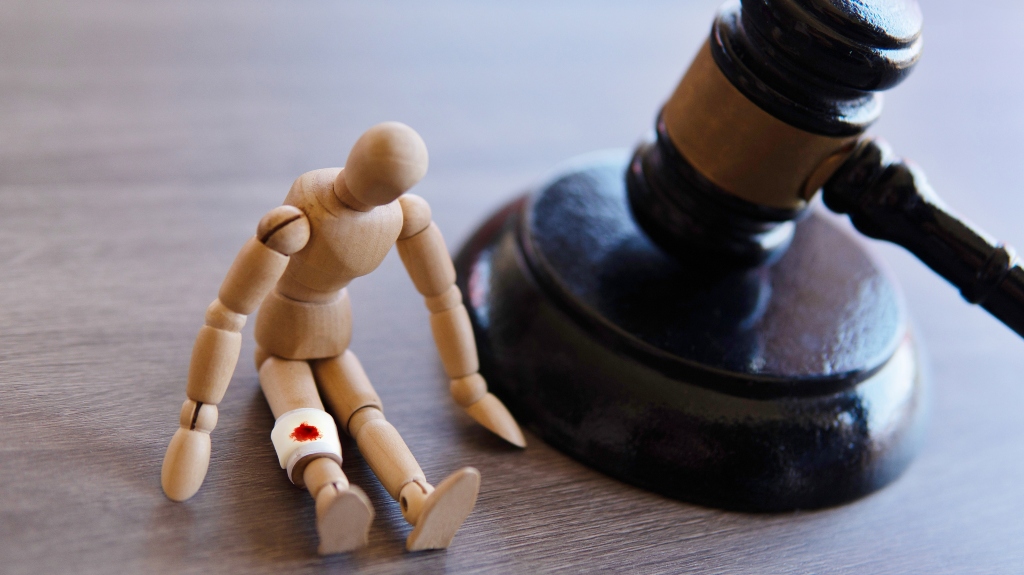
Grasping the nuances of personal injury law and identifying what qualifies as a personal injury is essential, particularly when life presents unforeseen challenges. Various situations—ranging from accidents to negligent behavior and intentional misconduct—can inflict harm on individuals, resulting in not only physical injuries but also emotional distress and damage to one’s reputation. While the concepts of personal injury might appear straightforward at first glance, the legal landscape is anything but simple. Many injuries do not meet the criteria for personal injury claims. As a result, understanding these intricacies can significantly impact your journey through recovery and justice.
What Is a Personal Injury Legal Claim?
A personal injury claim is a formal legal process through which an individual seeks financial compensation for harm suffered due to another person’s negligence or wrongful actions.
The person who has been injured, known as the plaintiff, initiates a lawsuit against the individual or organization they believe is responsible for their suffering, referred to as the defendant. To succeed in their claim, the plaintiff must present compelling evidence establishing the defendant’s liability for the injuries sustained.
The primary goal of a personal injury claim is to facilitate the recovery of various forms of damages that the injured party has experienced. These can encompass a range of financial burdens and emotional hardships, including medical expenses incurred for treatments, loss of income due to an inability to work, pain and suffering endured as a result of the injury, any damage to personal property, and the diminished ability to enjoy everyday life activities. By pursuing this claim, the injured party seeks to obtain a sense of justice and restore their life to a state that is as normal as possible.
Different Types of Personal Injury Cases
Personal injury cases include a diverse array of situations, but some types tend to be more prevalent than others. Common examples of personal injury claims include:
- Car accidents
- Trucking accidents
- Slips and falls
- Motorcycle accidents
- Pedestrian accidents
- Medical malpractice
- Workplace injuries
- Product liability cases
Familiarizing yourself with these frequent scenarios can help you recognize potential legal claims you may have following an injury. However, to better understand your legal options following an accident, consider contacting an experienced personal injury attorney.
How Can a Personal Injury Lawyer Help?
A personal injury attorney plays a significant role in fighting for justice on behalf of those who have suffered harm due to the wrongdoing of others. These skilled attorneys not only provide comprehensive legal guidance but also help clients navigate the often-complex landscape of injury claims. Their ultimate goal is to secure fair financial compensation for victims, which may involve various methods such as:
- Conducting an independent investigation to understand the circumstances surrounding the incident.
- Gathering documents, such as police reports, photographs of the scene, and witness statements, to build a compelling case.
- Negotiating directly with insurance companies and opposing attorneys to advocate for a fair settlement on behalf of the client.
- Exploring mediation options, when appropriate, to seek a resolution that avoids the need for court proceedings.
- Representing the client in court if the case escalates to that level
Contact Richard D. Hobbs & Associates Today To Learn More
Many victims feel overwhelmed or hesitant about pursuing legal action, often due to common misconceptions about the process. If you find yourself in this situation, we encourage you to reach out to us. We are here to dispel the misunderstandings surrounding personal injury claims and clarify how the legal system works for you.
Contact Richard D. Hobbs & Associates today to learn more or to review your case for free.